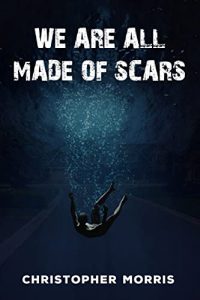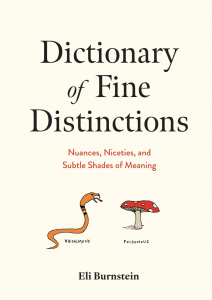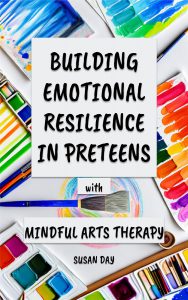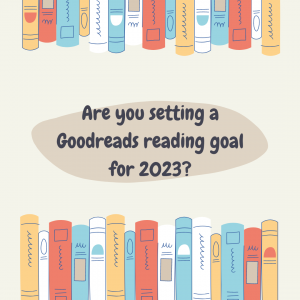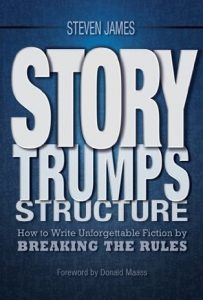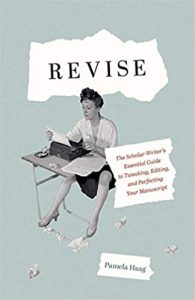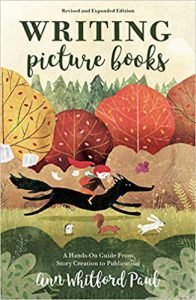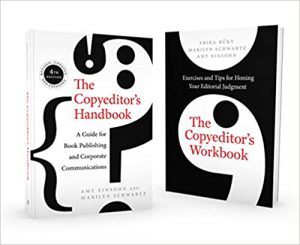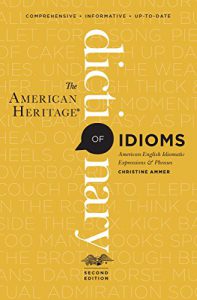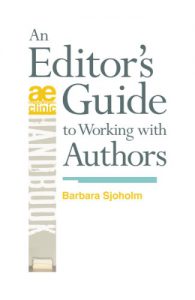We often see unconventional storytelling methods used in fiction, like text bubbles, to-do lists, and playlists. But what about in memoirs?  Author Jennifer Lang has successfully used a variety of forms in her own memoirs (Landed and Places We Left Behind) and graciously agreed to be interviewed to share more about this topic.
Author Jennifer Lang has successfully used a variety of forms in her own memoirs (Landed and Places We Left Behind) and graciously agreed to be interviewed to share more about this topic. 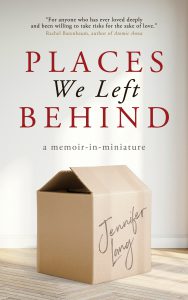
When did you first become interested in experimental prose?
The door cracked open after reading the late Amy Krouse Rosenthal’s memoir Encyclopedia of an Ordinary Life, but it wasn’t obvious. I loved what she did on different pages—using graphs and fonts and images and more—but didn’t understand what it was or know the word for it. A year later, the door opened wider after hearing Nora Krug present Belonging in which every page is illustrated in a unique way, resembling more of a coffee table book than a memoir.
How do other mediums inspire you to play with new methods in your writing?
So many other mediums inspire me: movies (specifically documentaries), modern dance performances (sadly, ballet makes me sleepy), live music (especially singer-songwriters and songs in different languages), art (textiles, ceramics, painting, collage). But I am thrilled to play the part of spectator with no desire to imitate or make any of these mediums.
How have readers responded to these experimental formats and devices? Was any of the feedback
surprising?
Initially, both of my books—PLACES WE LEFT BEHIND (2023) and LANDED (2024)—were written in conventional prose. While reading the submission guidelines for the first, I noticed that some publishers were open to experimental prose. With my curiosity piqued, I slid down the rabbit hole, researching online, first recreating the pro-con list about moving in with my boyfriend in 1989 and then zigzagging the text on the page as we zigged and zagged our way through the Old City of Jerusalem. What began as forced ended up organic as if the text was begging to be let out of the bag, to be shaped and sculpted. When one editor emailed to say she loved what I’d done, I felt validated, returned to the manuscript and continued playing. It was like I’d found the key to a hidden treasure box.
some publishers were open to experimental prose. With my curiosity piqued, I slid down the rabbit hole, researching online, first recreating the pro-con list about moving in with my boyfriend in 1989 and then zigzagging the text on the page as we zigged and zagged our way through the Old City of Jerusalem. What began as forced ended up organic as if the text was begging to be let out of the bag, to be shaped and sculpted. When one editor emailed to say she loved what I’d done, I felt validated, returned to the manuscript and continued playing. It was like I’d found the key to a hidden treasure box.
Many readers have responded favorably to the playful aspect of the books. I think the experimentation helps lighten what is at times a very heavy story, and for that, I am thankful.
What possibilities does it open up in storytelling that aren’t available when writing only in conventional
prose?
Everything except audio. Some people have asked about the audio book, which will never happen due to the strong visual component. Along the same lines, they don’t lend themselves to readings as much as they do conversations around the craft.
How have these experimental methods changed both how you write and how you look at the craft of
writing?
I feel free. When I teach writing at my studio, I always tell my students to know the rules and hone the craft so you can break the rules and challenge the craft. Breaking rules and challenging norms is energizing—for me—and befitting for my stage of life, in my fifties, as I reclaim my sense of self in my marriage and family. I’ve incorporated them into my shorter pieces too like “Right of Return”. Writing it this way was so much more interesting than sticking to the rules and staying within the lines. Now the only issue is can I go back to writing and abandon that experimentation?
Do you think there are any genres where it might be difficult to incorporate unconventional storytelling
methods?
My hope is to write historical fiction about my late grandfather, who emigrated from Russia to San Francisco in 1918. I sense it will be straight, traditional, conventional storytelling and inappropriate to experiment. But check in with me in three years, and I’ll let you know.
For those who’d like to explore this in their own writing, what advice would you like to give them?
As Nike says, just do it. Try it. What’s the worst that could happen? It won’t work, and you have to abandon and start a new sentence/paragraph/story.
To learn even more about this topic, please listen to Jennifer’s interview on the Writing and Editing podcast.




